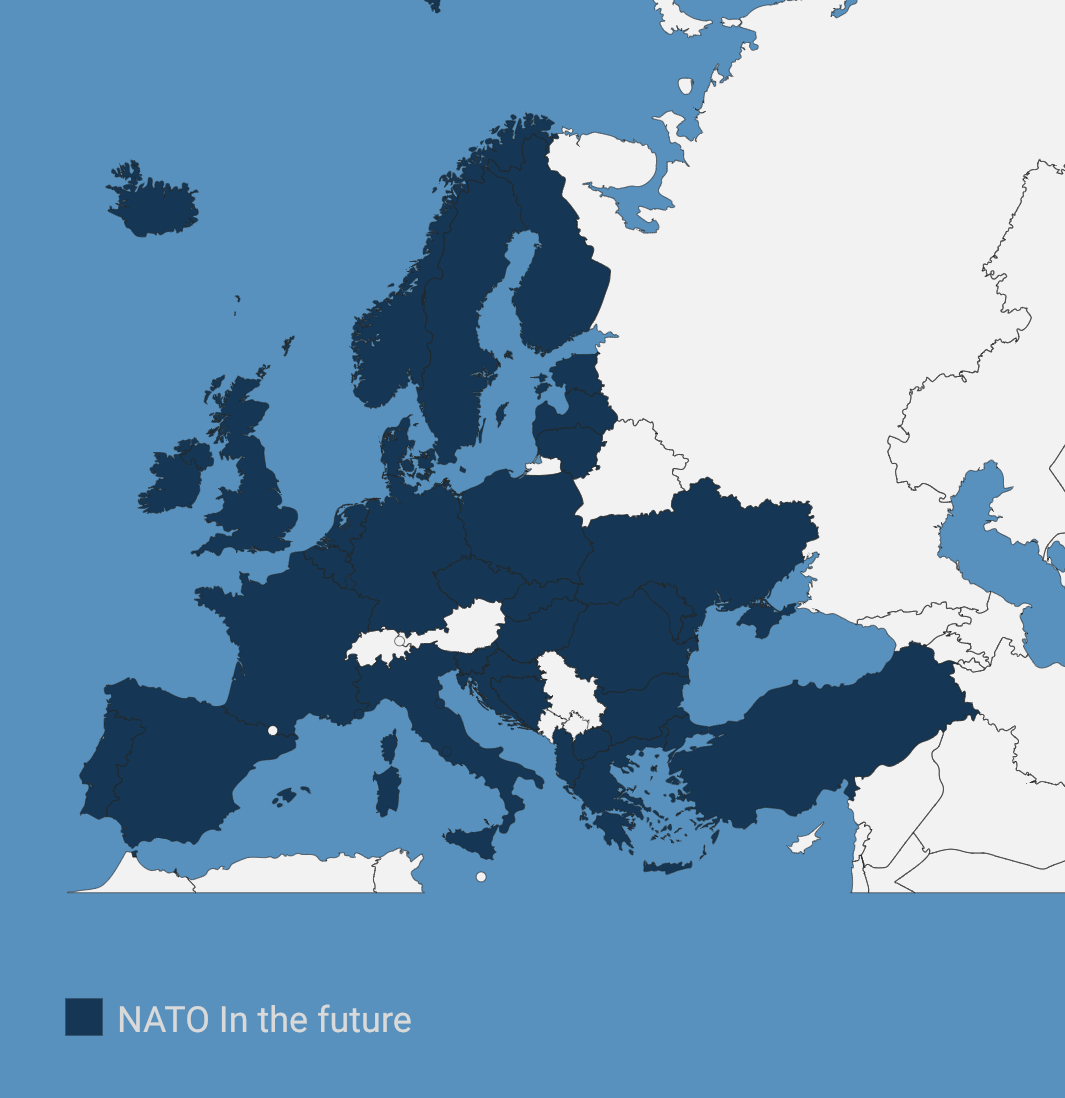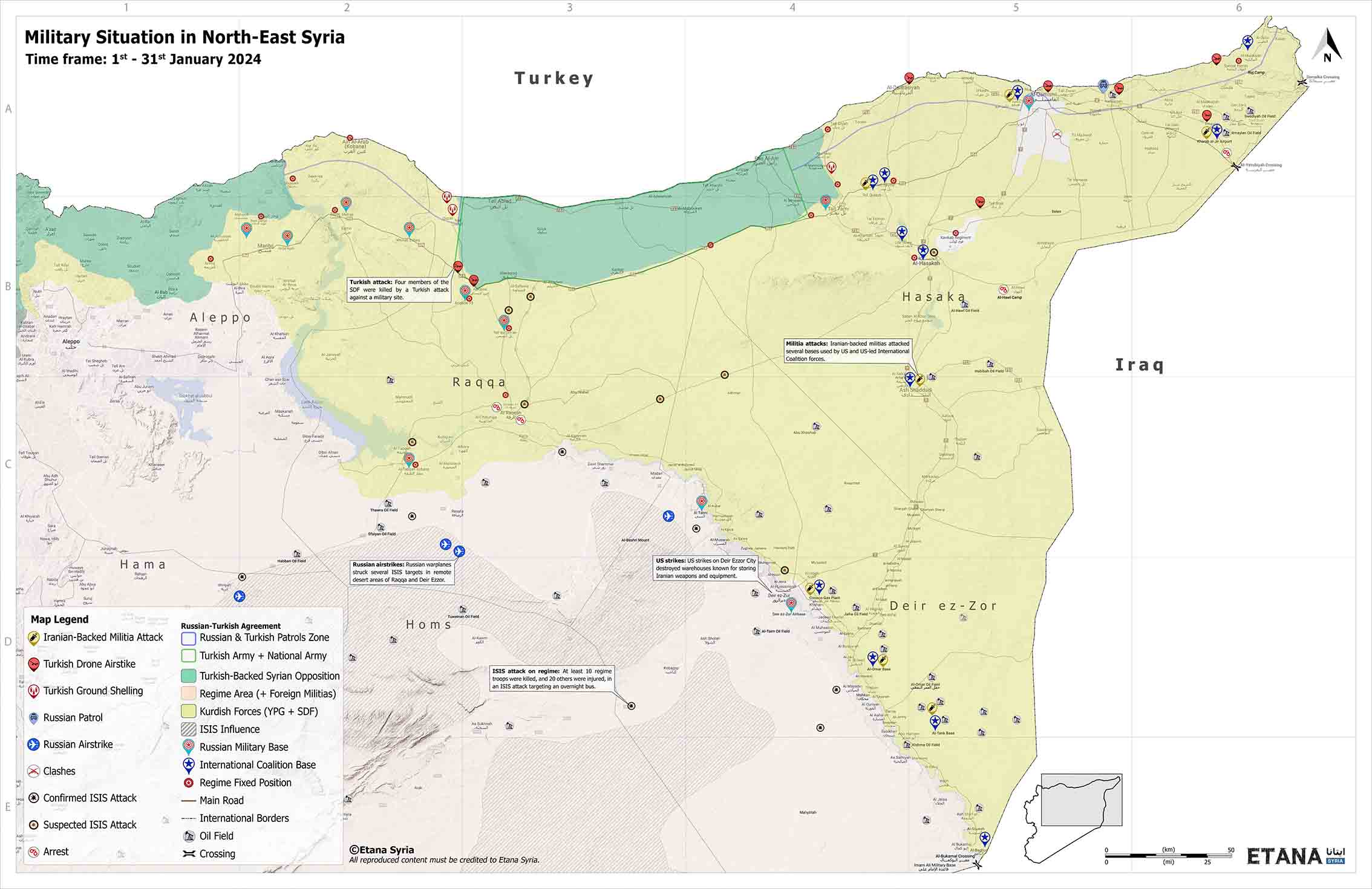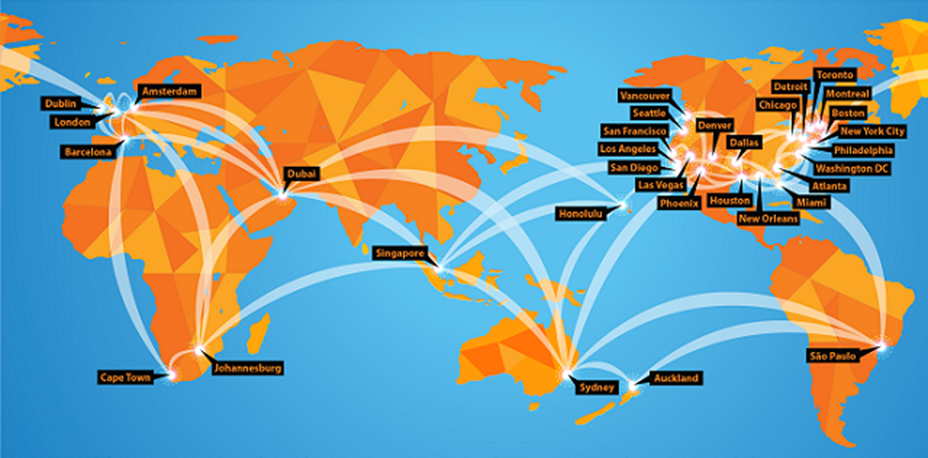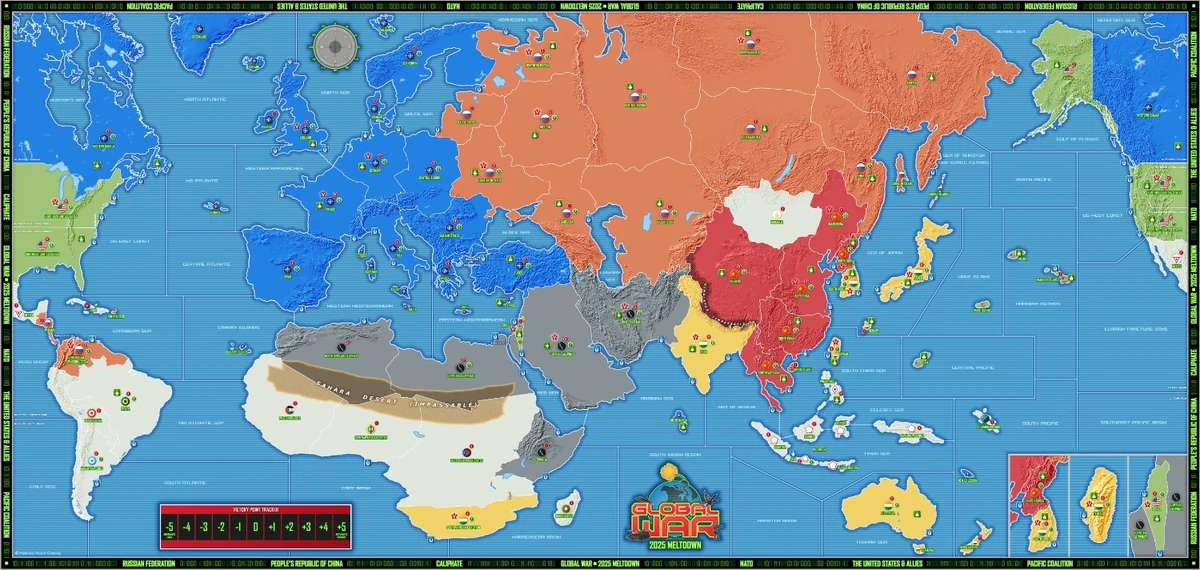Navigating the New World Order: NATO's Evolving Foreign Policy Landscape
Table of Contents
- My future imaginary map of the world around 2030-2040/50, after the ...
- DISCUSS: Best European Skyline By 2025 | Page 98 | SkyscraperCity Forum
- How I see NATO in the future: | Fandom
- Syria Military Brief: North-East Syria – January 2024 – Etana Syria
- NATO 2025 gayri resmi Dışişleri Toplantısı Türkiye’de yapılacak - Son ...
- NATO expansion from 1949 to 2024 - Maps on the Web
- Agenda 2025
- What Countries Are Part Of Nato 2025 - Judy Shirleen
- Map Thread VI | Page 19 | alternatehistory.com
- GLOBAL WAR 2025 MELTDOWN | Axis & Allies Wiki | Fandom


NATO's original mandate was to provide collective defense against the Soviet Union during the Cold War era. However, with the dissolution of the Soviet Union in 1991, NATO's role expanded to include crisis management, cooperative security, and counter-terrorism. The alliance has since intervened in several conflicts, including the Balkans, Afghanistan, and Libya. Today, NATO faces new challenges, including a resurgent Russia, an increasingly assertive China, and the rise of non-state actors such as terrorist organizations.


The New Security Environment




NATO's Response

As NATO continues to evolve its foreign policy, it must balance its commitment to collective defense with the need to adapt to new security challenges. The alliance must also navigate the complexities of a multipolar world, where rising powers such as China and India are increasingly influential. By strengthening its partnerships, investing in new technologies, and enhancing its crisis management capabilities, NATO can remain a cornerstone of global security in the decades to come.
NATO's new foreign policy landscape presents both opportunities and challenges. As the alliance navigates this complex and dynamic environment, it must remain committed to its core values of democracy, individual liberty, and the rule of law. By doing so, NATO can continue to play a vital role in maintaining peace and stability in Europe and beyond, and address the evolving security challenges of the 21st century.